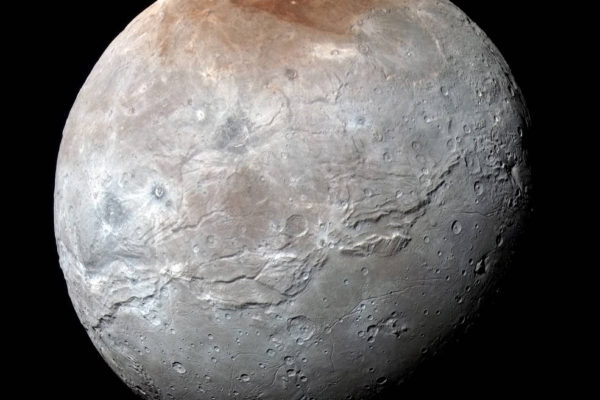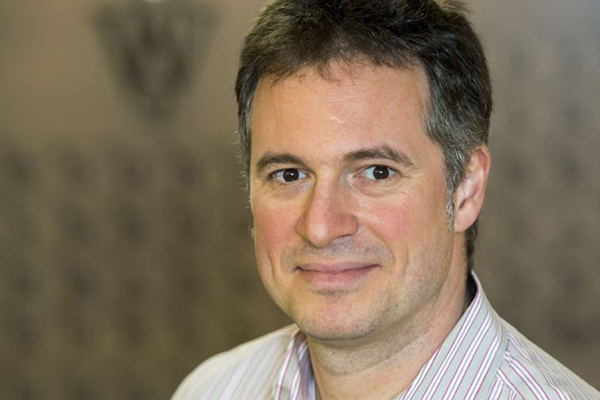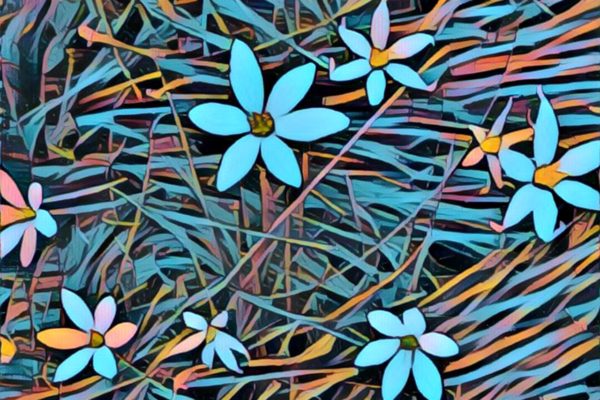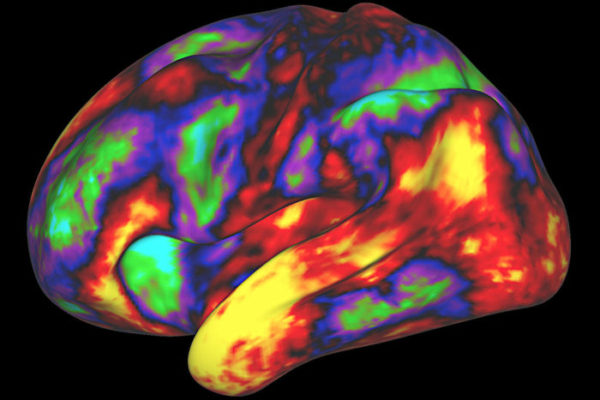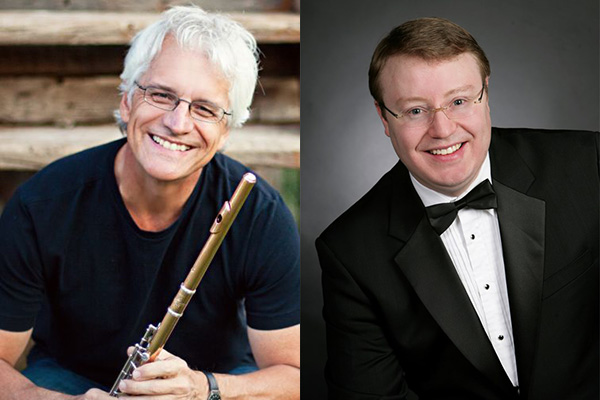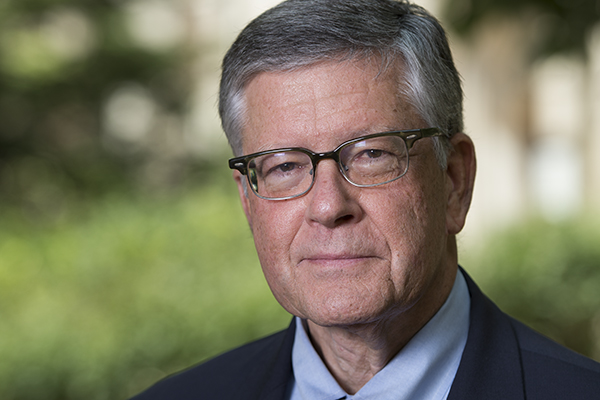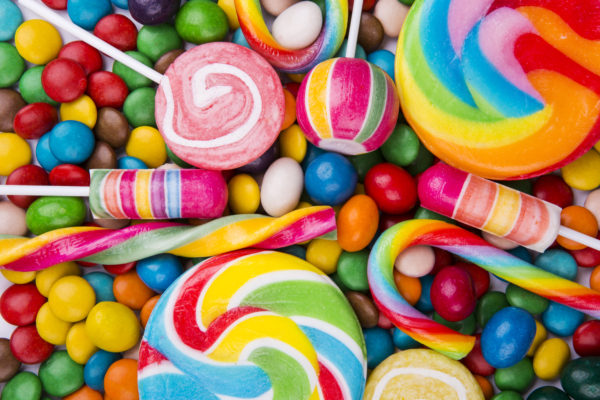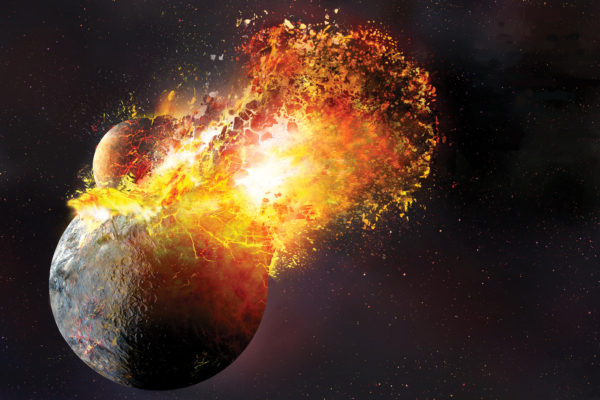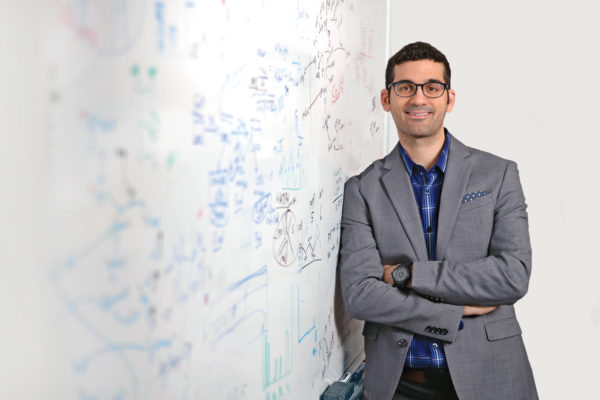The realms of Mordor
What gives Mordor Macula, the red dusted polar region of Pluto’s moon Charon, its color? New Horizons scientists, including Washington University’s Bill McKinnon, answer the question in the current issue of Nature.
Mirica wins American Chemical Society’s 2016 Saint Louis Award
Liviu Mirica, professor of chemistry in Arts & Sciences at Washington University in St. Louis, has won the American Chemical Society’s St. Louis Section’s 2016 Saint Louis Award.
Hidden green skills
What have plant scientists learned in the laboratory in the past three to five years that could be used to reduce inputs of water, chemical fertilizers and herbicides to agricultural fields?
Brain development through adolescence to be focus of national study
In a landmark national study, scientists will use advanced brain imaging on more than 10,000 children, along with interviews and behavioral tests, to determine how experiences, together with a child’s changing biology, affect brain development.
DUC Chamber Series begins Sept. 27
Mark Sparks, principal flute for the St. Louis Symphony, and pianist Peter Henderson will launch the Danforth University Center’s fall Chamber Music Series Sept. 27 with music of Max Bruch, Gabriel Fauré and Claude Debussy.
Roediger receives mentor award from Association for Psychological Science
Henry L. “Roddy” Roediger III, an internationally recognized scholar of human memory and the James S. McDonnell Distinguished University Professor in Arts & Sciences, has received the 2016 Mentor Award from the Association for Psychological Science.
Gluttonous cancer cells
A simple experiment, originally undertaken to test a new methodology, unexpectedly disproved the prevailing notion of cancer metabolism.
Planetary smackdown
The leading theory for the moon’s formation got in trouble recently when it was revealed that the moon and Earth are isotopic twins. Now highly precise measurements of the isotopes of an element that was still condensed at the “cut off” temperature when material started to fall back to Earth suggest a dramatic solution to the problem.
PBS/NOVA ‘Schools of the Future’ features university psychologists
Research by Washington University psychologists Henry L. “Roddy” Roediger and Mark McDaniel will be featured in a PBS/NOVA documentary on “Schools of the Future,” which premieres on PBS stations nationwide Wednesday, Sept. 14.
Increasing probability for discovery
A transformative plan in Arts & Sciences will foster a collaborative ecosystem of esteemed faculty — such as Gary Patti (photo below) — students and facilities to usher in a new era of scientific discovery.
View More Stories
